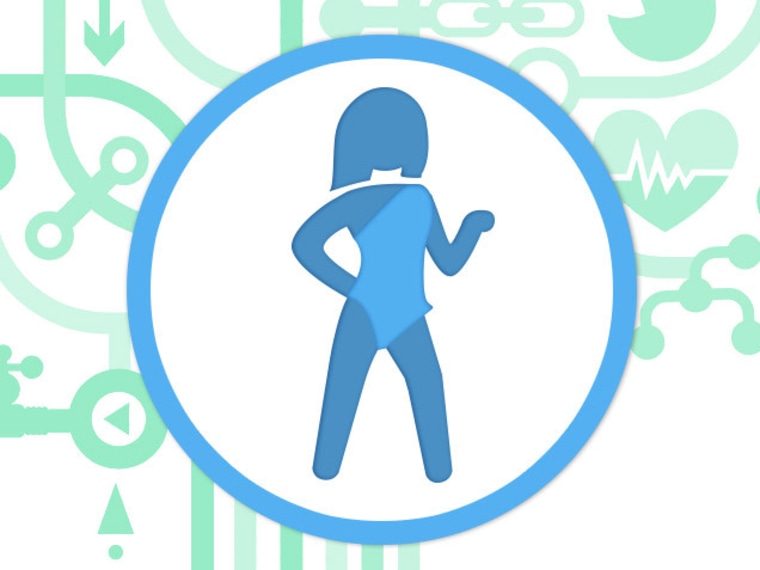Your parents can help you out if they're covered by private health insurance (not Medicaid or Medicare). If you’re 26 and your employer doesn't offer health insurance (or you're unemployed), you're eligible for coverage under your parents’ plan regardless of whether or not you live at home or they claim you as a dependent on their taxes.
Is the exchange for me? If being on your parents’ insurance isn't an option, then yes. If you earn between $11,490 and $45,960 you will qualify for a tax credit to help pay for the coverage you buy on the exchange. If you earn less than $15,856 you’ll qualify for Medicaid if your state has expanded its program.
What else do I need to know? If you're married, your spouse and kids cannot be covered under your parents’ health insurance plan. Coverage only extends from parent to child. So if you're looking for family coverage, it's best to shop the exchange for the whole family.
When buying health insurance on the exchange, your income will determine if you qualify for a tax credit to help you offset the cost of an insurance plan. The tax credit you get when you shop on the exchange is based on how much you make and is used to help pay for your insurance. You can use the credit as a deduction from your monthly insurance costs or as an annual deduction at tax time. Expect to pay between 2 percent (minimum) and 9.5 percent (maximum) of your income for insurance if your earnings fall into any of the below ranges.
- $11,490 - $45,960 for a single person
- $15,510 - $62,040 for a family of two
- $19,530 - $78,120 for a family of three
- $23,550 - $94,200 for a family of four
If you earn more, you won't qualify for tax credits and without them, insurance premiums might be the same or more expensive than an employer-sponsored plan.
What if I don’t buy coverage? You’ll pay a tax penalty of either 1 percent of your income or $95 per adult and $47.50 per child for the year, whichever is higher. In 2016, the penalty increases to 2.5 percent of income or $695, whichever is higher. Plus, anyone without health insurance will have to pay the full cost of medical care should they need it. You won’t have to pay a penalty for not having insurance if you fall into one of these categories.
You qualify for Medicaid but your state didn't expand the program
Your state’s health exchange doesn't have a plan you can afford (costs less than 8 percent of earnings)
You spent less than three months without coverage
You’re a member of a recognized religious group with objections to insurance and government programs, including Social Security and Medicare
For more on who is exempt visit Healthcare.gov.
Sources: The Kaiser Family Foundation, the U.S. Small Business Administration, Centers for Medicare and Medicaid Services, the U.S. Internal Revenue Service, the Health Insurance Marketplace, U.S. Census Bureau and the UC Berkeley Labor Center.
A version of this story originally appeared on iVillage.
